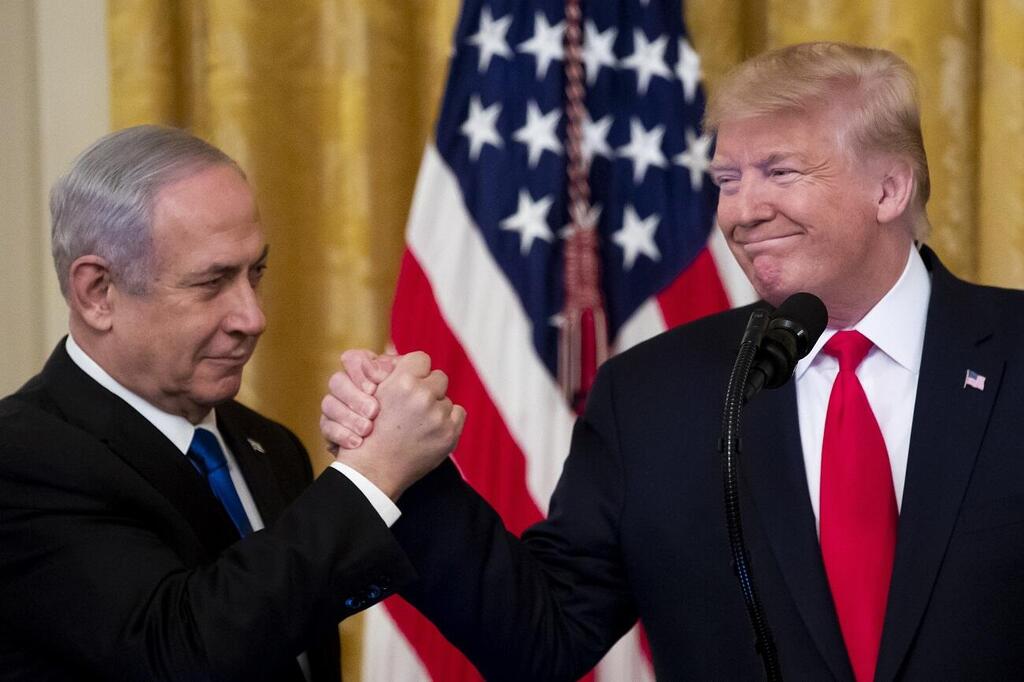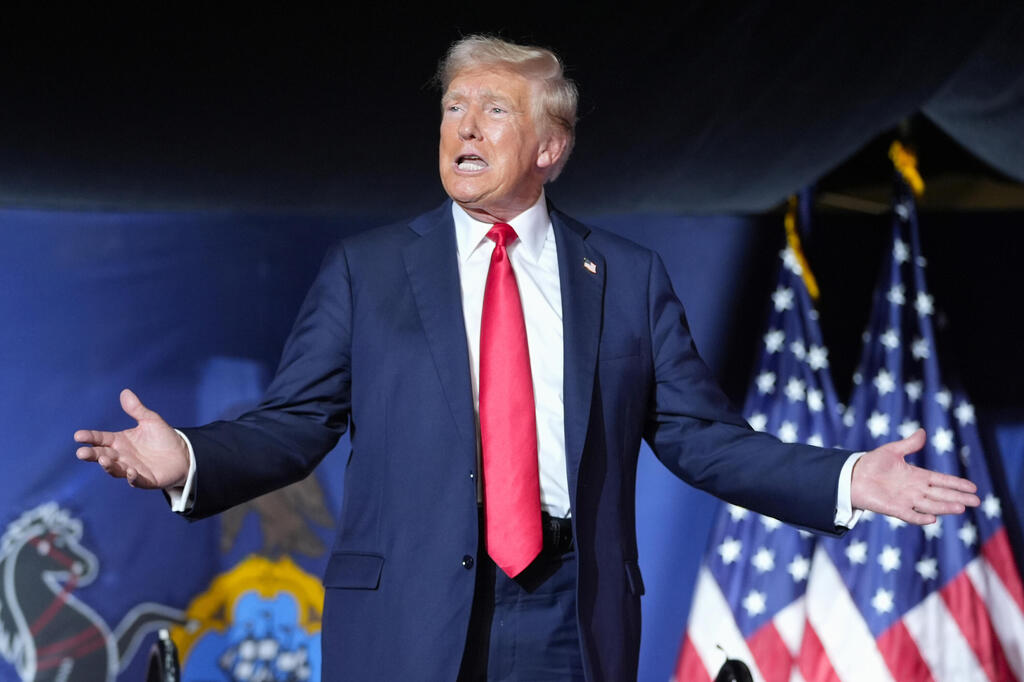Getting your Trinity Audio player ready...
In the complex mosaic of global politics and economics, a second Trump presidency could be a seismic event with ripple effects stretching from Washington to Tel Aviv. The potential impacts on the American economy and Israel, as articulated by Trump's campaign rhetoric, offer a fascinating study in contrasts—promising growth and stability on one hand, while sowing seeds of uncertainty on the other.
Let's start with the American economy. Picture this: an aggressive push for further tax cuts. Trump’s 2017 Tax Cuts and Jobs Act was a bold maneuver, reducing the corporate tax rate to 21%. Now, imagine a second round of tax cuts aimed at middle-income families. The immediate effect? Increased disposable income, more consumer spending, and a surge in economic activity.
Deregulation, another cornerstone of Trump’s economic philosophy, could amplify this effect. By cutting red tape, particularly in the energy and financial sectors, businesses might find new vigor, innovation could flourish, and the American economic engine could roar back to life.
But here's the catch—Trump’s penchant for protectionism. The trade wars of his first term, particularly with China, disrupted global supply chains and left many American farmers in the lurch. A renewed push for tariffs could reignite these tensions, creating a volatile environment for businesses reliant on international trade.
Moreover, Trump's proposed fiscal policies—marked by increased defense spending and ambitious infrastructure projects—could swell the national debt. This ballooning debt might lead to higher interest rates as the government competes for financial resources, potentially crowding out private investment.
Inflation, the silent specter lurking behind economic policies, poses another challenge. Trump’s focus on energy independence, while potentially lowering energy costs, could be offset by inflationary pressures from protectionist trade policies. If import prices rise, the cost of living could follow suit, eroding the benefits of tax cuts for middle-income families.
Switching gears to Israel, the landscape is equally complex. Trump’s first term saw significant diplomatic strides for Israel, from the historic relocation of the U.S. embassy to Jerusalem to the groundbreaking Abraham Accords. These agreements, normalizing relations between Israel and several Arab nations, were milestones in Middle Eastern diplomacy, enhancing Israel’s security and economic ties in the region.
A second Trump term could build on these achievements. Trump has expressed a desire to expand the Abraham Accords, potentially bringing more Arab and Muslim-majority countries into the fold. This could create a more stable and economically integrated Middle East, with Israel at the center.
Furthermore, Trump’s unwavering support for Israel in international forums could provide a diplomatic buffer against global criticism, strengthening Israel’s position on the world stage.
However, this close alignment with Trump could also have its pitfalls. The strong pro-Israel stance of a Trump administration might exacerbate tensions with the Palestinians, leading to further unrest and complicating any potential peace process. Additionally, Israel’s deep ties with a politically polarized U.S. could make it vulnerable to shifts in American domestic politics, limiting its strategic flexibility.
 Prof. Ilan Alon Photo: Courtesy
Prof. Ilan Alon Photo: CourtesyIn essence, a second Trump presidency promises a heady mix of economic growth and geopolitical maneuvering. For the American economy, the potential for prosperity through tax cuts and deregulation is tempered by the risks of trade wars and rising debt. For Israel, continued diplomatic support and regional integration must be balanced against the challenges of heightened tensions and strategic dependence.
As we navigate this uncertain terrain, the key will be to harness the opportunities while mitigating the risks—a delicate dance on the global stage.
- Prof. Ilan Alon is the Dean of the School of Economics (Israel), and previously served as Chair (USA) and Director (USA) of various educational programs around the world, and held visiting positions in prestigious universities such as Harvard, Georgetown and China Europe International Business School, among others. A prolific author, Prof. Ilan's work has been featured in esteemed journals like the Harvard Business Review, International Business Review, Cato Journal, and many more.





